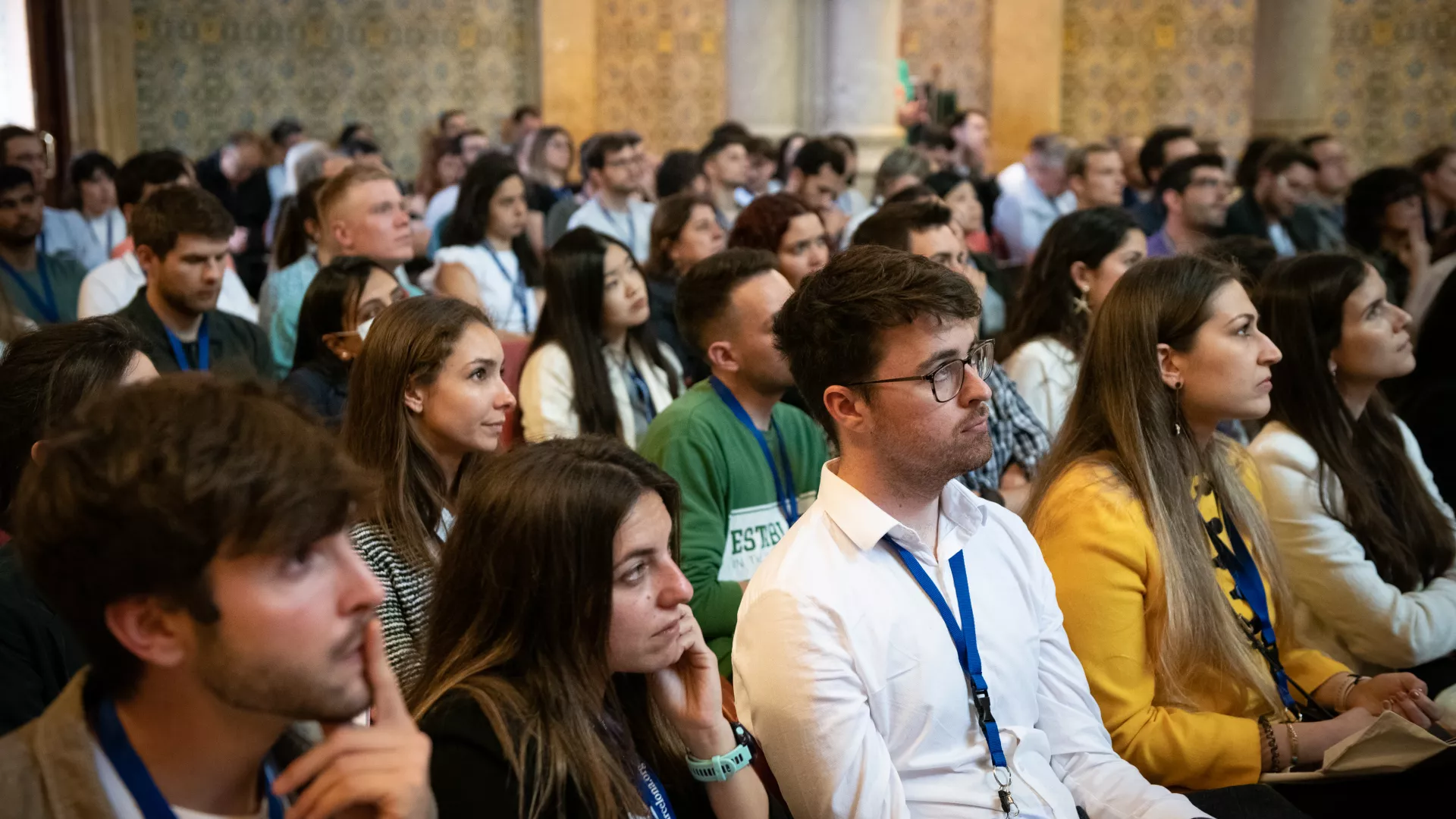Presentation
Organizer: IRB BioMed Seminars
Date: Friday, 16 June at 12h
Place: Fèlix Serratosa, PCB
Speaker: Andreas Bender, Professor for Molecular Informatics at Cambridge University - Chief Technology & Informatics Officer at PangeAI, part of Pangea Botanica - London/UK and Berlin/Germany.
Title: “Artificial Intelligence in Drug Discovery”
Host: Patrick Aloy, ICREA Research Professor - Group Leader IRB Barcelona, Structural Bioinformatics & Network Biology Lab - Mechanisms of Disease Programme.
Abstract: Artificial Intelligence in Drug Discovery: We Need to Appreciate the Characteristics of Chemical and Biological Data to Really Make Progress
The amount of chemical and biological data available has increased in the public as well as the private domain, and both on the algorithmic and hardware side progress has been tremendous in machine learning. Press releases describe the design of functional proteins and antibodies from scratch, and several ‘first AI-designed drugs’ have already entered clinical phases.
However, all is not well when it comes to the marriage of algorithms with drug discovery, in particular when it comes to the in vivo relevance of what we are able to do with chemical and biological data at this point in time. Reasons for this are that the field is still stuck in reductionist thinking, in combination with a lack of relevant data (and our ability to handle it computationally) and the formation of too many, too narrow specialist domains (among other reasons).
This contribution will point out several areas, from data to algorithms to human mindset, that need changing to benefit fully from available compute power when it comes to in vivo relevant decision making in drug discovery in the future.
Further Reading:
Bender A, Cortés-Ciriano I. Artificial intelligence in drug discovery: what is realistic, what are illusions? Part 1: Ways to make an impact, and why we are not there yet. Drug Discov Today. 2021 Feb;26(2):511-524. doi: 10.1016/j.drudis.2020.12.009.
Bender A, Cortes-Ciriano I. Artificial intelligence in drug discovery: what is realistic, what are illusions? Part 2: a discussion of chemical and biological data. Drug Discov Today. 2021 Apr;26(4):1040-1052. doi: 10.1016/j.drudis.2020.11.037.
Biography: Dr Andreas Bender is a Professor for Molecular Informatics at Cambridge University as well as Chief Technology & Informatics Officer (CITO) at PangeAI, part of Pangea Botanica. Previously he was a Director for Digital Life Sciences at Nuvisan in Berlin, as well as as an Associate Director for Data Science and AI in the Clinical Pharmacology & Safety Sciences group at AstraZeneca. In his work, Andreas is involved with the integration and analysis of chemical and biological data from different sources, such as structural and bioactivity data, gene expression readouts, cellular imaging data, pathway information, etc. The computational analysis of this information then aims at understanding phenotypic compound action – such as cellular readouts and organism-level effects – on a mechanistic level, predicting molecular properties related to both compound effiacy and toxicity, as well as e.g. compound repurposing. On the entrepreneurial side, Andreas was involved in setting up Healx Ltd. (for data-driven drug repurposing) and PharmEnable Ltd. (for designing novel chemistry for targets that are difficult to drug conventially), both based in Cambridge/UK. He received his PhD from the University of Cambridge and worked in the Lead Discovery Informatics group at Novartis in Cambridge/MA as well as at Leiden University in the Netherlands before his current post.
IRB BioMed Seminars
IMPORTANT: For attendees outside the PCB community you must register at least 24h before the seminar.

